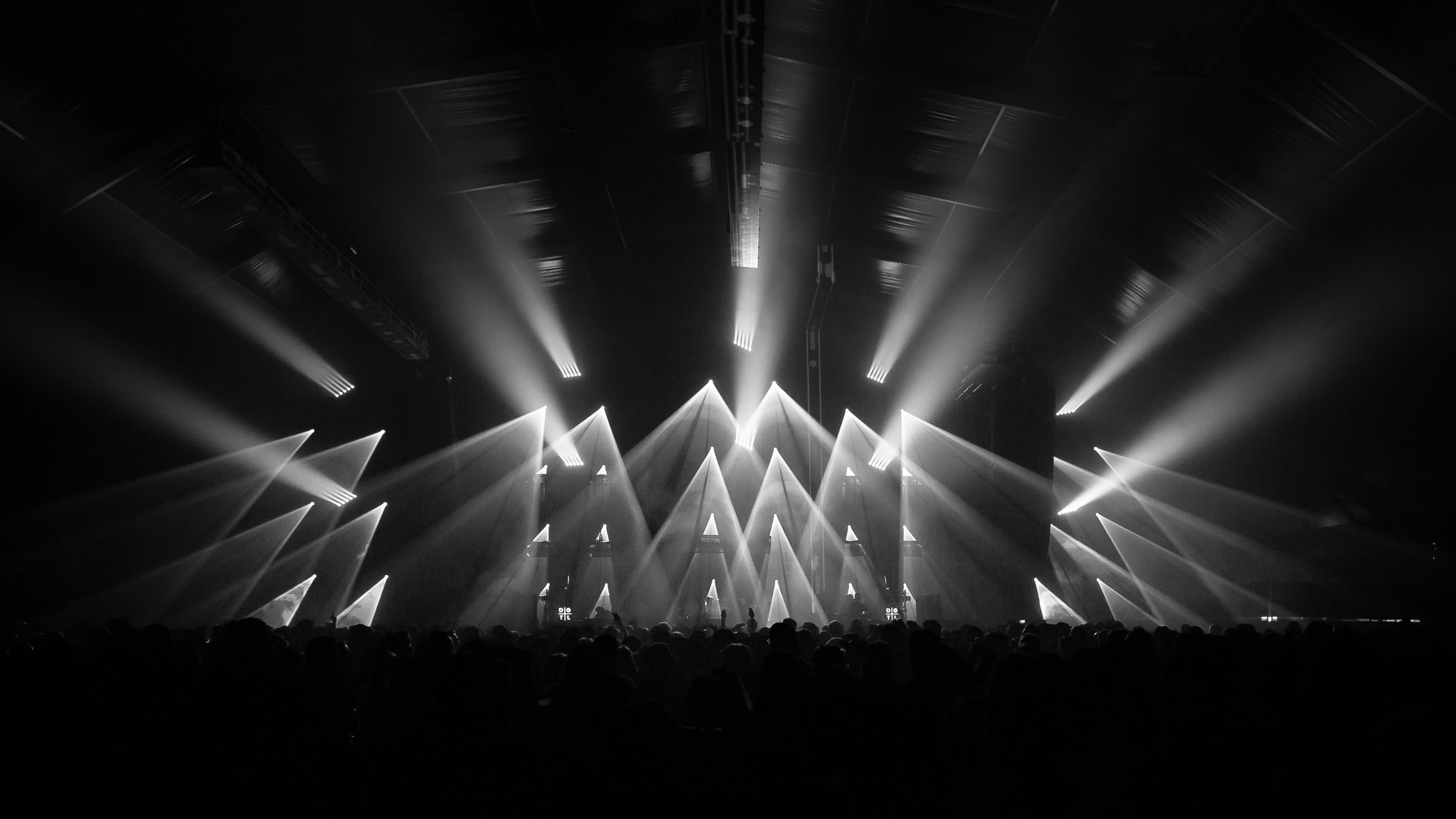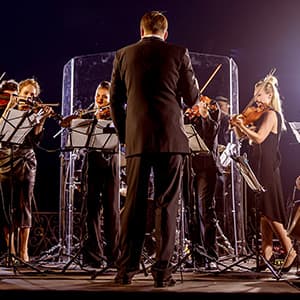

Haydn Tickets
Up to 30% Off Compared to Competitors.
Location: Select Location (e.g, New York)
Events Nearby
We're Sorry. There are currently no events near you.
About Haydn
In contemporary times, Haydn's compositions continue to be a significant part of concert programs across the globe. Various orchestras and chamber ensembles regularly perform his symphonies and string quartets, showcasing his genius to new generations. Current events include annual festivals dedicated to his music, such as the Haydn Festival in Eisenstadt, Austria, which celebrates his works with performances, workshops, and lectures. Additionally, many classical music organizations host themed concerts that feature Haydn's compositions, often pairing them with works from other composers to highlight his influence. The resurgence of interest in historical performance practices has also led to an increase in period instrument concerts, where musicians use instruments similar to those in Haydn's time, providing audiences with a unique listening experience. Furthermore, numerous recordings of his symphonies and quartets are released each year, with various interpretations that keep his music vibrant and accessible. In the digital age, many performances are streamed online, allowing a global audience to experience Haydn's brilliance from the comfort of their homes. Overall, the legacy of Joseph Haydn not only continues to thrive in concert halls but also adapts to modern contexts, ensuring that his music remains a vital part of the classical music landscape.
Haydn History
Joseph Haydn, often referred to as the 'Father of the Symphony' and 'Father of the String Quartet,' was an Austrian composer of the Classical period. Born in Rohrau in 1732, he became a prominent figure in the world of classical music, greatly influencing the development of the symphony and chamber music. Haydn's career took a significant turn when he began working for the wealthy Esterházy family in 1761, where he had the opportunity to compose and perform regularly. His position allowed him to innovate and experiment with musical forms, leading to the creation of over 100 symphonies and numerous string quartets. Concerts during his time were often held in the grand salons of the Esterházy palace, where Haydn would conduct his works. These performances were essential in popularizing symphonic music and establishing concert etiquette, including the practice of the audience remaining silent during performances. Haydn's influence extended beyond his lifetime, inspiring later composers such as Mozart and Beethoven. His music became a staple in concert repertoires, and his works are still celebrated in concert halls around the world today.
